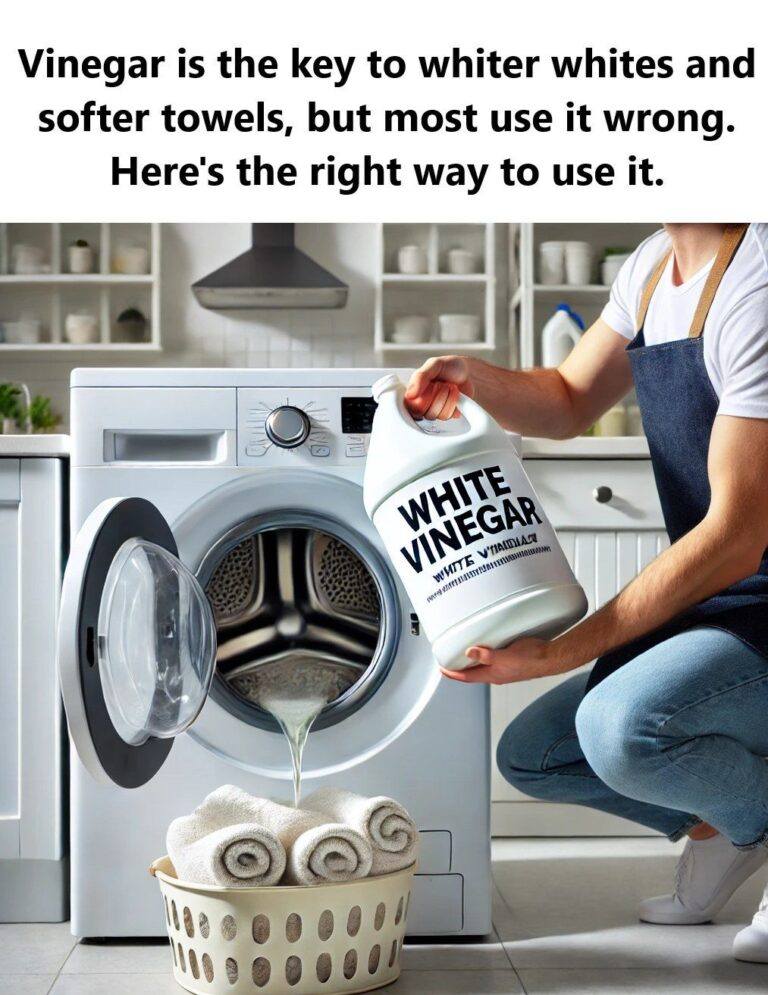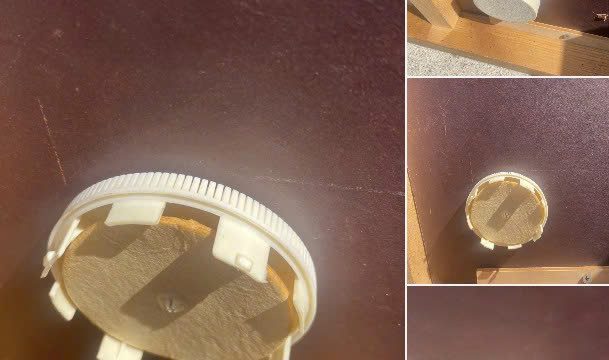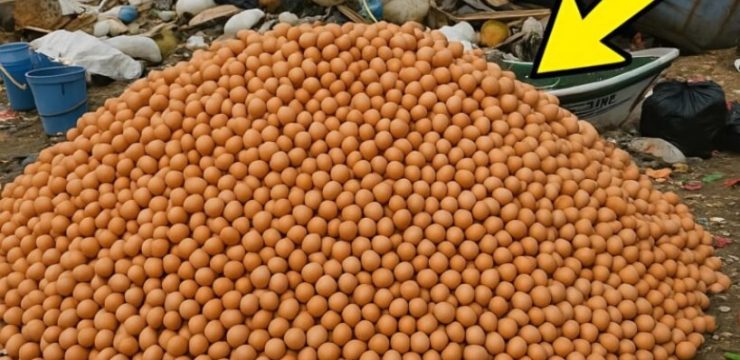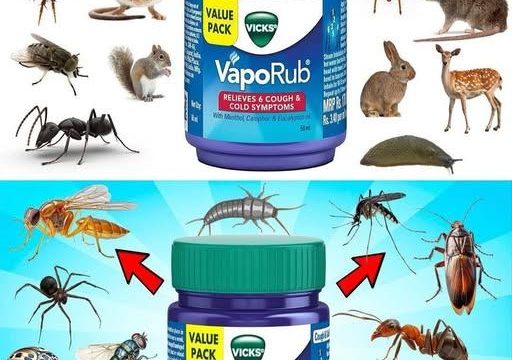Vinegar is far more than just a kitchen essential—it’s a powerful, affordable, and natural solution that can completely transform your laundry routine. If you’ve ever been frustrated by whites that look dull, towels that feel stiff and scratchy, or clothes that hang on to musty odors even after a wash, then vinegar might be the laundry hero you didn’t know you needed.

Despite its impressive effectiveness, many people don’t use vinegar correctly in their laundry, which means they aren’t seeing the full potential of this simple household item. When used the right way, vinegar can help brighten whites, soften fabrics, eliminate odors, reduce static cling, and fight mineral buildup caused by hard water. One of the most impressive things about vinegar is its ability to act as a natural fabric softener. It works by breaking down detergent residue that can leave clothes feeling stiff or rough, especially towels and heavy linens. By adding half a cup to one full cup of white distilled vinegar to the fabric softener compartment of your washing machine, it will be released during the rinse cycle and leave your clothes feeling soft and fresh without relying on synthetic fragrances or chemical-laden products. Don’t worry about the smell—vinegar’s sharp scent doesn’t linger after drying, so your clothes will come out clean, fresh, and odor-free. Vinegar is also excellent for whitening and brightening laundry.
The acetic acid in vinegar helps dissolve detergent buildup, soap scum, and mineral deposits that accumulate over time and make white fabrics look dingy or yellowed. To restore brightness to items like shirts, bedding, or towels, simply add a cup of vinegar during the rinse cycle. If you’re dealing with persistent stains, you can make a simple paste with vinegar and baking soda, apply it directly to the stained area, let it sit for a few minutes, and wash as usual—this boosts stain removal while being gentle on fabrics. Beyond softening and whitening, vinegar is a highly effective odor neutralizer.
Clothes that trap musty or sour smells—like gym gear, towels, or pet bedding—can benefit greatly from a vinegar rinse. Add a cup of white vinegar to the wash cycle to break down odor-causing compounds and leave fabrics smelling genuinely clean. For items with stronger odors, such as mildew or pet accidents, soaking them in a vinegar solution for about 30 minutes before washing can dramatically improve results. Vinegar also helps cut down on lint and static cling, which makes a big difference when washing towels, sweaters, or synthetic fabrics that tend to attract lint or stick together. Adding half a cup of vinegar to the rinse cycle can help minimize this issue by breaking down loose fibers and residue that contribute to lint and static.
If you have hard water in your home, vinegar can make a huge difference in your laundry results. Hard water contains minerals that leave residue on clothing, making them feel stiff and appear faded. By adding a cup of vinegar to your wash, you can help break down and flush out these minerals, which leaves your laundry feeling softer and looking brighter. In areas with especially hard water, using vinegar regularly can prevent buildup and protect your fabrics in the long run. You can even use vinegar in the dryer to further enhance softness and reduce wrinkles. Simply apply a small amount of vinegar to a clean cloth or dryer ball and toss it in with your laundry. This distributes the vinegar evenly and helps break down any remaining detergent residue while softening clothes. Still, there are some important precautions to keep in mind when using vinegar in your laundry. Never mix vinegar with bleach, as this creates toxic fumes that are dangerous to inhale. Also, don’t overuse vinegar—while effective, too much can leave clothes smelling overly acidic, so stick to around one cup per load. Additionally, while vinegar is generally safe for most fabrics, avoid using it on delicate materials like silk or wool, and always check clothing care labels before adding vinegar to your wash. In conclusion, vinegar is one of the most effective, affordable, and eco-friendly laundry aids available. It softens fabrics, brightens whites, removes odors, and reduces lint and static—all without harsh chemicals. By following simple usage tips and avoiding common mistakes, you can take full advantage of vinegar’s natural cleaning power and enjoy fresher, softer, cleaner laundry with every load. So the next time you’re doing laundry, skip the chemical-laden fabric softeners and give vinegar a try—your clothes, towels, and the environment will thank you.





